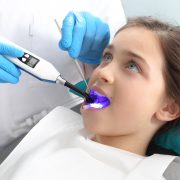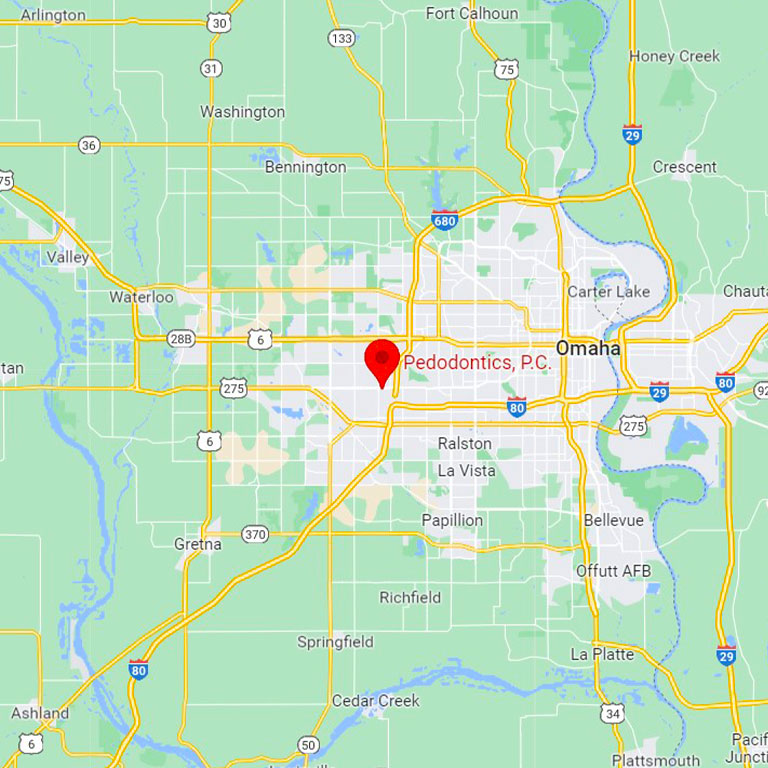When Should My Child Be Evaluated for Braces?
Braces can straighten your child’s teeth and align their jaw. Straightening your child’s teeth can improve your child’s appearance and can help them feel confident in their smile. There are lots of good reasons to get your child braces! If you’re a parent, it’s important to know when to bring your child for an orthodontic evaluation. Here is what you need to know about when to bring your child to the pedodontist in Omaha, NE for an orthodontic evaluation.
Signs Your Child May Need Braces
You may not always be able to tell if your child needs braces, but here are some signs to watch for:
- Crooked teeth
- Crowded teeth
- Teeth don’t line up when the jaw is closed
- Severe overbite or under bite
- Your child bites the inside of their mouth when they’re eating
- Your child has difficulty pronouncing certain words or sounds
Experts Recommend First Evaluation By Age 7
Whether your child shows signs of needing braces or not, experts from the American Association of Orthodontists recommend bringing your child for an orthodontic evaluation by the time they turn about 7 years old.
Waiting until your child is older could mean that you miss out on opportunities to get your child early help. Early orthodontic help can save you money and can correct your child’s orthodontic problems when they’re still in the early stages.
Not Sure? Give Us a Call!
If you’re not sure about whether to have your child evaluated for braces, try calling us to make an appointment! We provide orthodontic evaluations and early orthodontic treatment in Omaha, NE. We’ll be happy to help your child as well.










